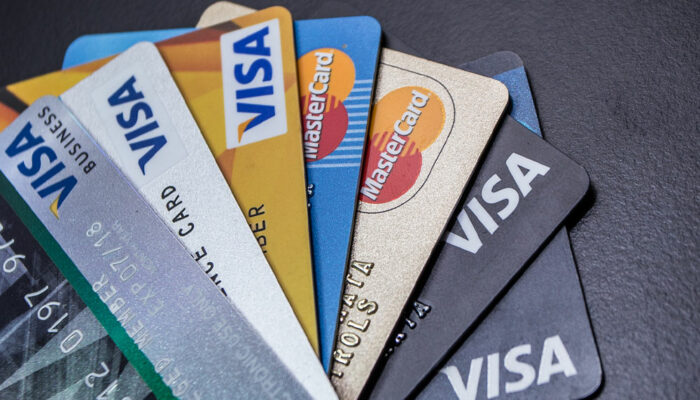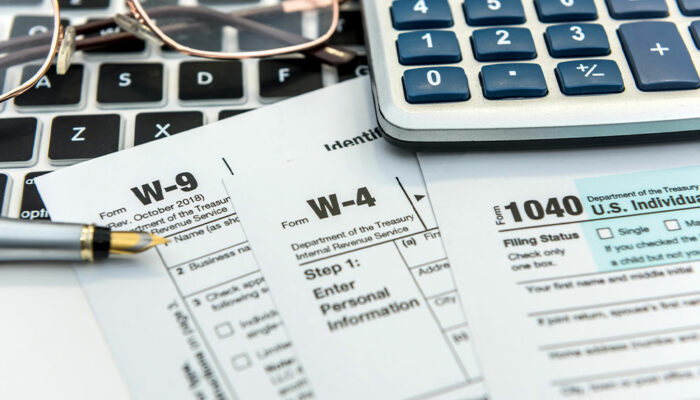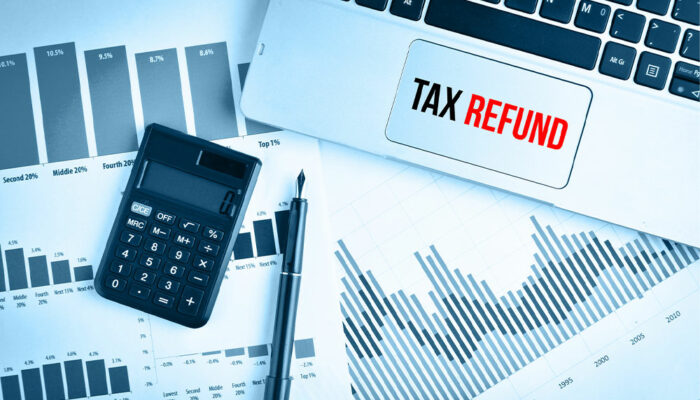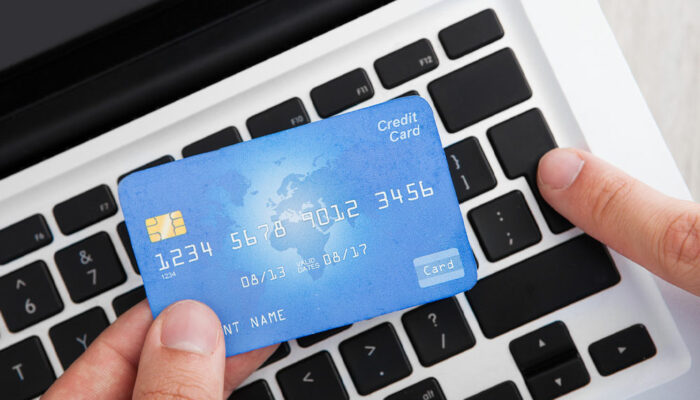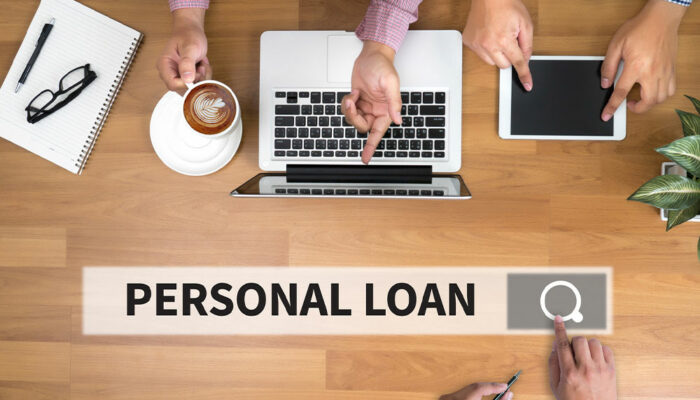
finance
6 mistakes to avoid before taking personal loans
Personal loans allow people to make more significant and long-term investments, whether it’s a vehicle or a home. But with the host of lending options available, getting a loan can seem complicated. Every loan offer is different in terms of interest rates, loan conditions, flexibility, and fees. Since a significant chunk of one’s hard-earned money goes into loan repayments, making a hasty decision can be unwise. Here are some of the most common errors one can avoid while taking loans. Accepting unreasonable repayment terms Any lender requesting an excessive amount of advanced payment or an unreasonably high rate of interest should ideally raise a concern. Interest-free loans usually come with high admin fees, which can result in a significant repayment amount. One can inquire about the percentages of loan-origination fees and actual interest before taking on such an offer. Not checking one’s credit score Approval of one’s loan application and the rate of interest depend mainly on one’s credit score. So it’s advisable to evaluate one’s credit report and get any discrepancies sorted out with previous lenders before applying for a loan. A low score can get one’s application rejected and further bring down the score. Not comparing lending options and overlooking fees One is advised to research and compare one’s lending options thoroughly.
Read More 